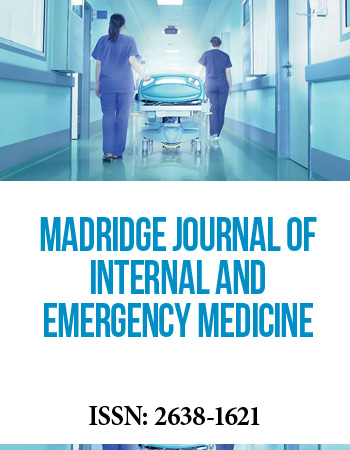International Translational and Regenerative Medicine Conference
April 25-27, 2018 | Rome, Italy
Advances and Challenges in the Therapeutic Use of Perinatal Stem Cells to Treat Degenerative Diseases
William Beaumont Institute for Stem Cell and Regenerative Medicine, Oakland University, USA
Perinatal tissues are non-invasive, primitive and abundant sources of stem cells (SCs) that have increasingly gained attention since they do not pose any ethical or moral concerns. Current methods to isolate SCs from these perinatal sources yield low amounts of cells with variable proliferation potential. We have investigated the properties of SCs isolated from cord blood (CB), discrete regions of umbilical cord (UC) such as cord lining (CL), Whartonʼs jelly (WJ), and cord-placenta junction (CPJ), chorion (CH) and fetal placenta (FP). CB had predominantly two types of SCs, adherent mesenchymal stromal/stem cells (MSCs), and non-adherent hematopoietic stem cells (HSCs). HSCs were CD 34+ and were negative for MSC surface markers. The isolated cells from all other sources were adherent MSCs. All MSCs had fibroblastoid morphology and were CD29+, CD44+, CD73+, CD90+ and CD105+ similar to that of the bone marrow (BM) derived MSCs.
We then investigated the therapeutic potential of MSCs to treat degenerative diseases such as degenerative disc disease (DDD) and retinal degenerative disease (RDD) using animal models. MSCs and their chondrogenic derivatives significantly improved the histology, cellularity, extracellular matrix protein, and in water and glycosaminoglycan contents in IVDs recipient of chondroprogenitors (CPCs) or NP-like cells (NPCs). The transplanted cells were functionally active as they expressed human genes and proteins, SOX9, ACAN, COL2, FOXF1, KRT19, PAX6, CA12 and COMP implicated in NP biosynthesis. These studies suggested involvement of TGFβ1 pathway in regulating NP regeneration. Therapeutic potential of UC-MSCs to treat DDD and other degenerative diseases as well as the challenges and new opportunities will be discussed in the presentation.
Biography:
Dr. G Rasul Chaudhry, Ph.D., Professor of Molecular Biology and Co-Director, Oakland University William Beaumont Institute for Stem Cell and Regenerative Medicine, Oakland University, USA. His research focuses on the molecular regulation of genes involved in stemness, potency, and differentiation of embryonic, adult and perinatal stem cells. He is also interested in tissue bioengineering, mechanisms of diseases processes, public cord banking, stem cell-based therapeutic applications, biomaterials, toxicology, and drug discovery. His research has been funded by organizations such as National Science Foundation, USDA, USEPA, Beaumont Health, St. John Providence hospital, Michigan Head and Spine Institute. He published numerous original and review papers on a wide variety of research problems and recently on stem cells. He serves as a reviewer or member on the editorial board of various journals as well as on advisory review panels of national and international funding agencies.


